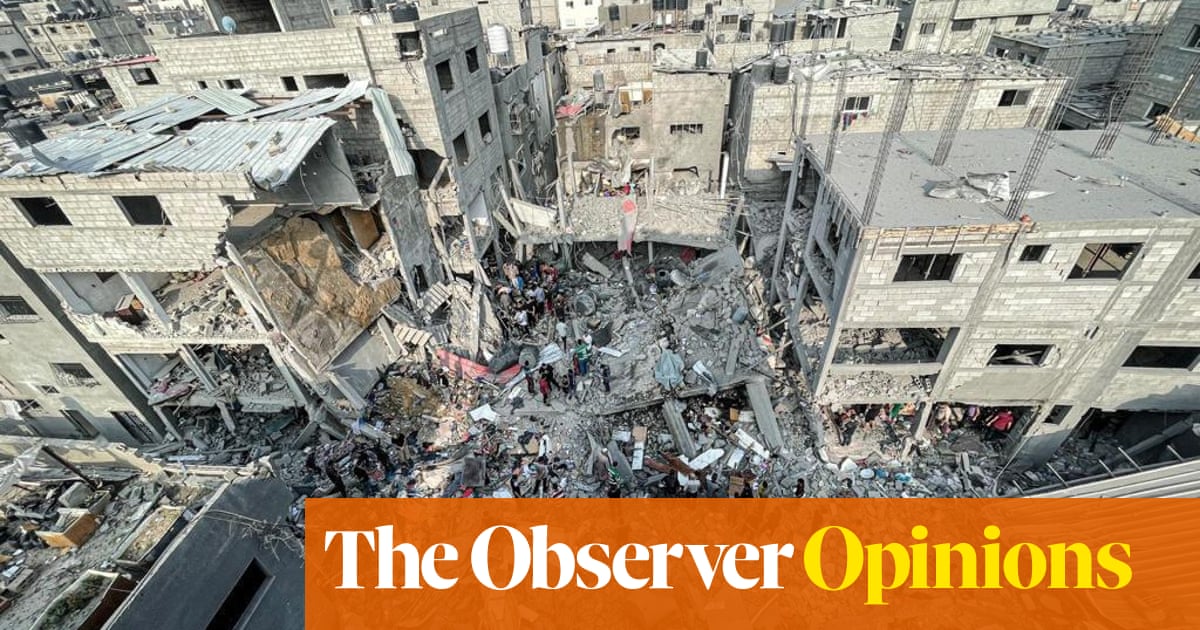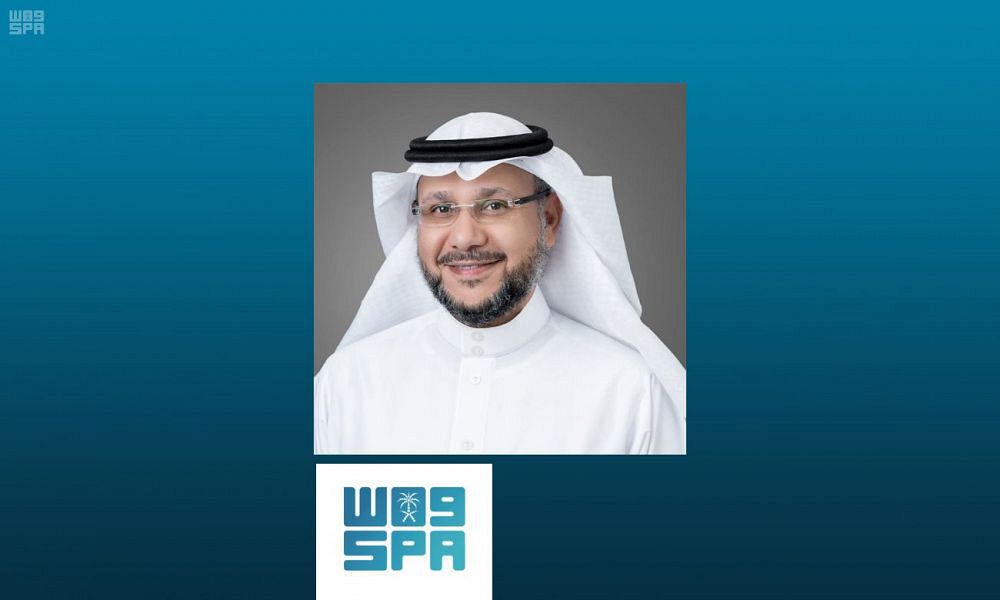
At a time when the entire world is busy fighting coronavirus pandemic, many reform policies and programs have been halted or suspended in most countries of the world. However, the reform machine in Saudi Arabia is still working and the outcome is evident for all!
The measures that the Kingdom has taken to combat the pandemic and stem its spread are commendable as these actions are based on the Human Rights based-approach.
This approach finds a basis in international human rights standards as is recommended by the United Nations officials and experts, in the forefront of which is the High Commissioner for Human Rights, Michelle Bachelet.
But what is more commendable is that unlike other countries, reforms in the Kingdom are still continuing vigorously in various fields despite the government’s preoccupation with combating coronavirus.
In the Kingdom, not a single day passes without a legislative, institutional, judicial or administrative reform being announced. This was the same situation before the epidemic swept the world. It is as if nothing had happened!
Moreover, while taking into account the quality of these reforms, we find that they are not just some minor improvements that occur here and there, but rather historical reforms in all senses of the word, including resolution of a controversy that has lasted for decades at the national level!
The most prominent of these reforms was the issuance of the royal decree to abolish the death penalty for those convicted of crimes committed while they were minors.
The Supreme Court decision to abolish flogging as a form of punishment is another major reform. The decision was based on a royal decree under which the punishment of flogging would be replaced by prison sentences, fines or both.
Flogging had been applied to punish a variety of crimes in the Kingdom. There were cases under which individual judges had the latitude to interpret religious texts and come up with their own sentences.
But after the issuance of the royal decree, this form of punishment will be applied to only those crimes for which there are specific provision in the Islamic Shariah.
As for the death sentence, the royal decree stipulates that any individuals who received a death sentence for crimes committed while the perpetrator is under the age of 18 can no longer face execution.
The maximum penalty for minors is 10-jail term in all cases, whether the crime is one or multiple. It is noteworthy that the juvenile law issued in 2018 and this royal order includes all crimes, including terrorist crimes, in contrast to what was mentioned by some NGOs including Amnesty International.
Regarding these two reforms, the global reactions are divergent. Some countries and international organizations welcomed them and considered them as a real achievement added to the human rights record of Saudi Arabia, while some others did not seem happy with them.
The important thing in this context, which all international parties should realize, especially those who repeat the phrase “international pressure”, is that Saudi Arabia is not undertaking any reform or measure, especially in the field of human rights, simply to satisfy an international party, whether it is a state or an organization.
But rather the Kingdom is carrying out reforms with complete conviction, irrespective of whether that reform or measure is recommended by an international party or emanates from a national initiative or not.
These reforms are being implemented after extensive research and studies in which all the concerned parties, including civil society institutions, participated.
In addition, there was meticulous planning to maintain a balance between the protection of established values, and visions and aspirations, especially those contained in the Vision 2030 and the reforms that are aimed to achieve within its framework.










